CNC vs. Conventional Machining: Which One is Right for Your Industry?
Introduction The debate between CNC machining and conventional machining has been ongoing for decades. While both have their advantages, the choice depends on factors like precision, production volume, and cost efficiency. Understanding the key differences can help industries make the right investment.

- Understanding Conventional Machining Conventional machining relies on manual control through hand-operated machines such as lathes, mills, and drills. An operator adjusts tools and workpieces manually, requiring skilled labor and extensive experience. Advantages of Conventional Machining: •Lower initial investment compared to CNC machines •Ideal for low-volume production and custom parts •Simple repairs and maintenance without specialized software Limitations of Conventional Machining: •Slower production speeds due to manual intervention •Higher labor costs and reliance on experienced machinists Less precision compared to automated CNC systems

-
CNC Machining: The Digital Evolution CNC (Computer Numerical Control) machining automates cutting, drilling, and milling using pre-programmed software. Machines like CNC VTLs, CNC milling centers, and CNC lathes deliver precision manufacturing with minimal human intervention. Why CNC Machining is the Future? •Higher precision – Automated programming eliminates human error •Scalability – CNCs handle high-volume production effortlessly •Reduced labor dependency – Minimal manual intervention needed •Complex part manufacturing – Multi-axis CNC machines enable intricate designs Challenges of CNC Machining: •Higher initial cost compared to manual machines •Skilled programming required for CNC setup •Maintenance dependency on specialized technicians
-
Key Industry Applications: CNC vs. Conventional Different industries have unique manufacturing needs. Here’s how CNC and conventional machining compare across key sectors: Aerospace & Defense Best choice: CNC Machining •High-precision components like turbine blades & aircraft parts •Multi-axis CNC machines enable complex geometries Automotive Industry Best choice: CNC Machining •Mass production of engine parts, gears, and transmission components •Faster cycle times and consistent accuracy Medical & Healthcare Best choice: CNC Machining •Surgical tools & implants require ultra-precise machining •CNC ensures biocompatible, error-free components Small-Scale Workshops & Custom Jobs Best choice: Conventional Machining •Ideal for prototyping, single-piece manufacturing Cost-effective for one-off or short-run production

-
CNC vs. Conventional: Which One is More Cost-Effective? While CNC machining has a higher initial investment, it reduces long-term costs through automation, faster production, and reduced labor dependency. Conventional machining is cheaper upfront but may result in higher costs per part due to manual processes. •Cost Analysis Breakdown: CNC Machining: Higher initial investment but lower per-unit cost for bulk production Conventional Machining: Low setup cost but higher per-unit labor cost
-
The Future of Machining: Why CNC is Leading the Way With Industry 4.0, automation, and AI-driven software, CNC machining is becoming more efficient. Emerging trends like 5-axis machining, hybrid manufacturing (CNC + 3D printing), and AI-powered optimization are revolutionizing the industry. Key CNC Advancements for 2025 & Beyond: •Lights-Out Manufacturing – 24/7 operation with minimal human intervention •Digital Twin Technology – Real-time machine monitoring & predictive maintenance •Sustainability Initiatives – Energy-efficient motors and metal recycling
Conclusion: Which One is Right for You?
For businesses focused on high-volume, high-precision, and automated production, CNC machining is the best investment. For custom jobs, repairs, and small-batch production, conventional machining remains relevant.
Looking to upgrade your manufacturing?Sahil Machines offers cutting-edge CNC solutions to optimize efficiency and precision for global industries.
Visit us: www.sahilcnc.com
Inquiries: info@sahilcnc.com
Follow Sahil Machines for the latest CNC industry updates!

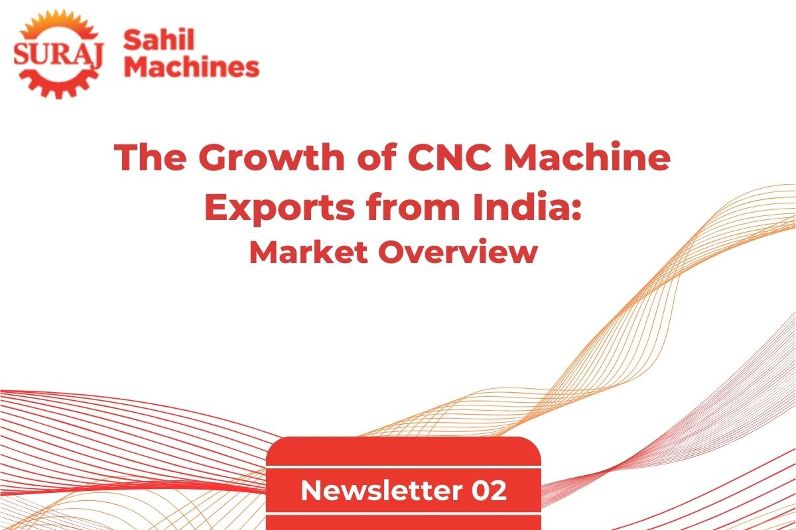
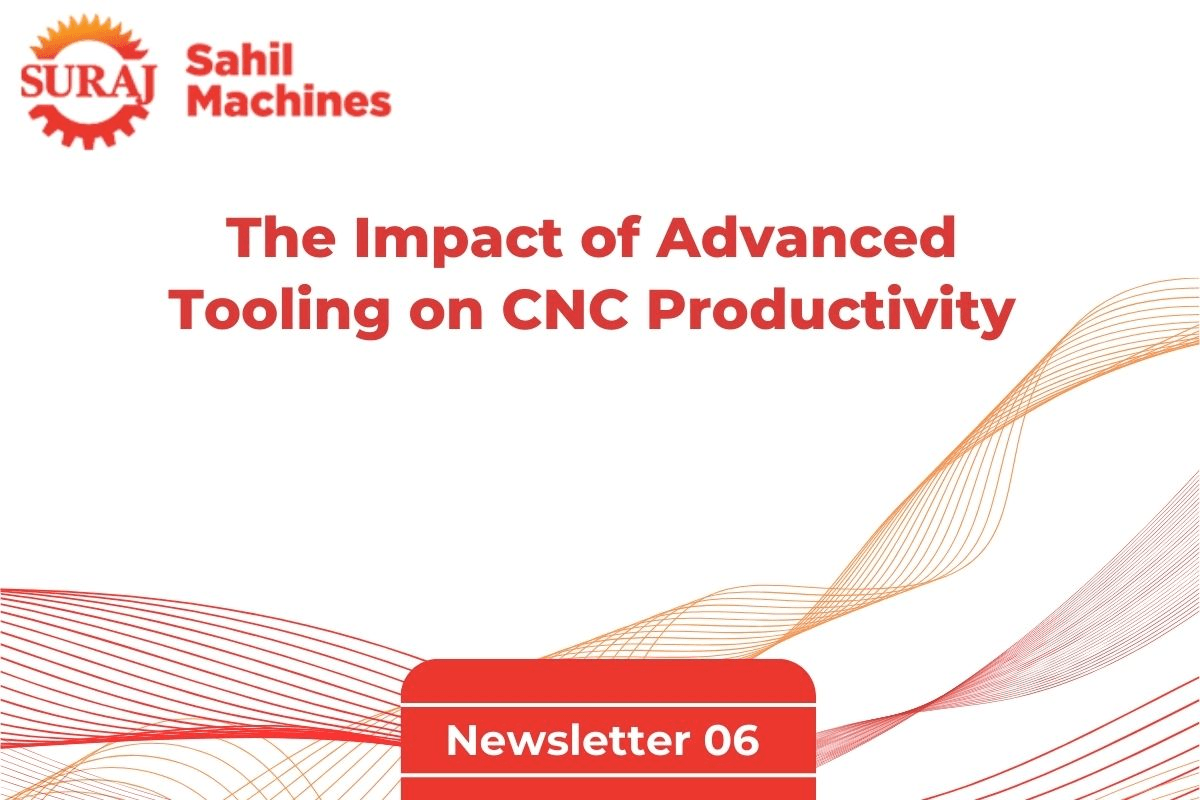

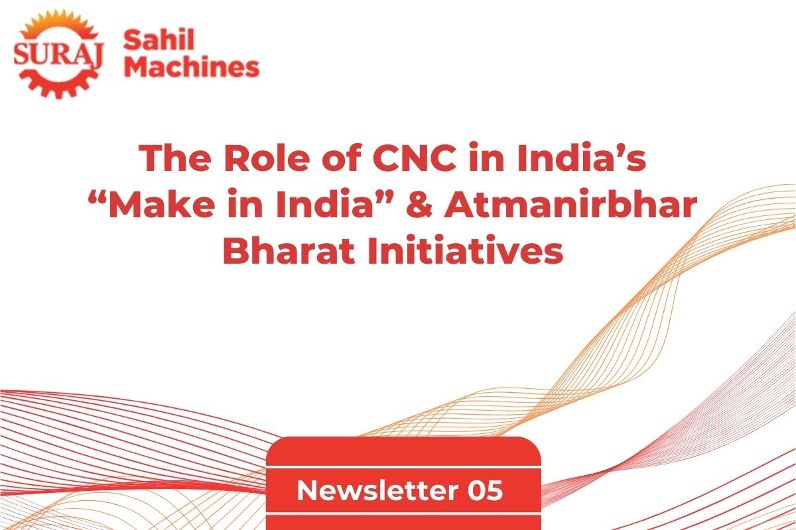




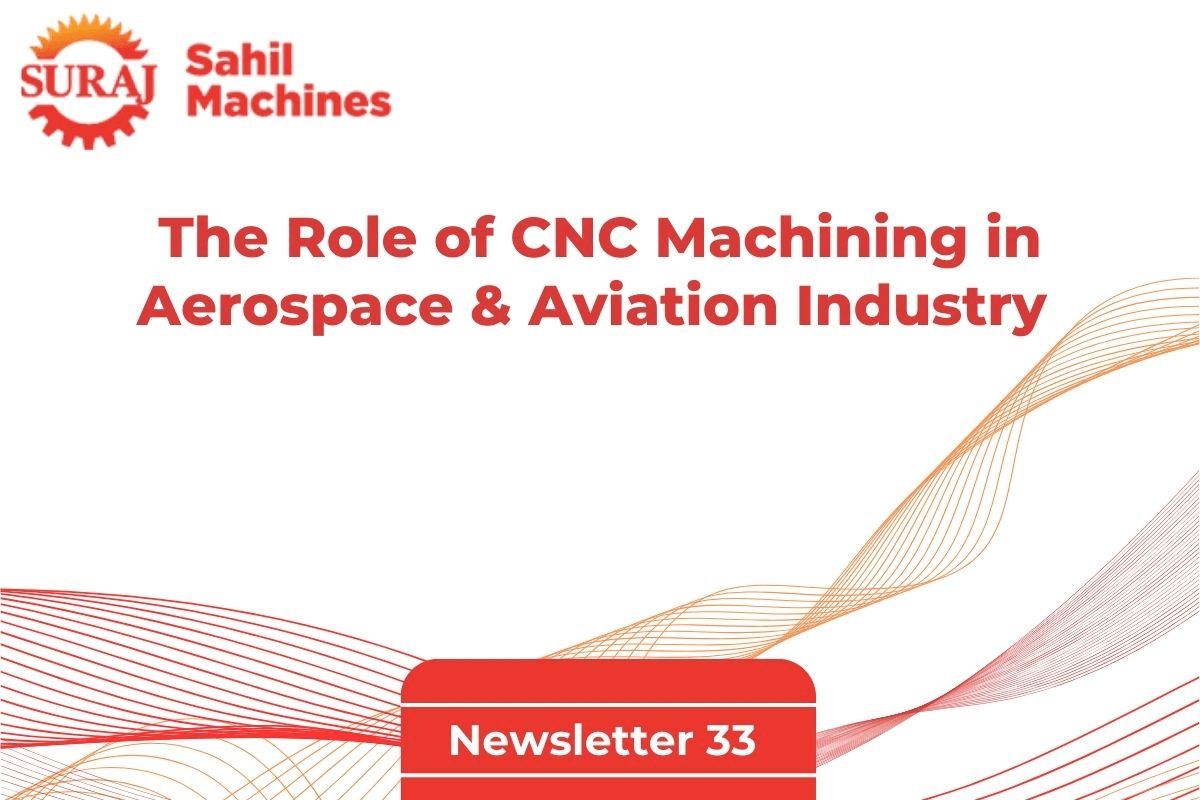

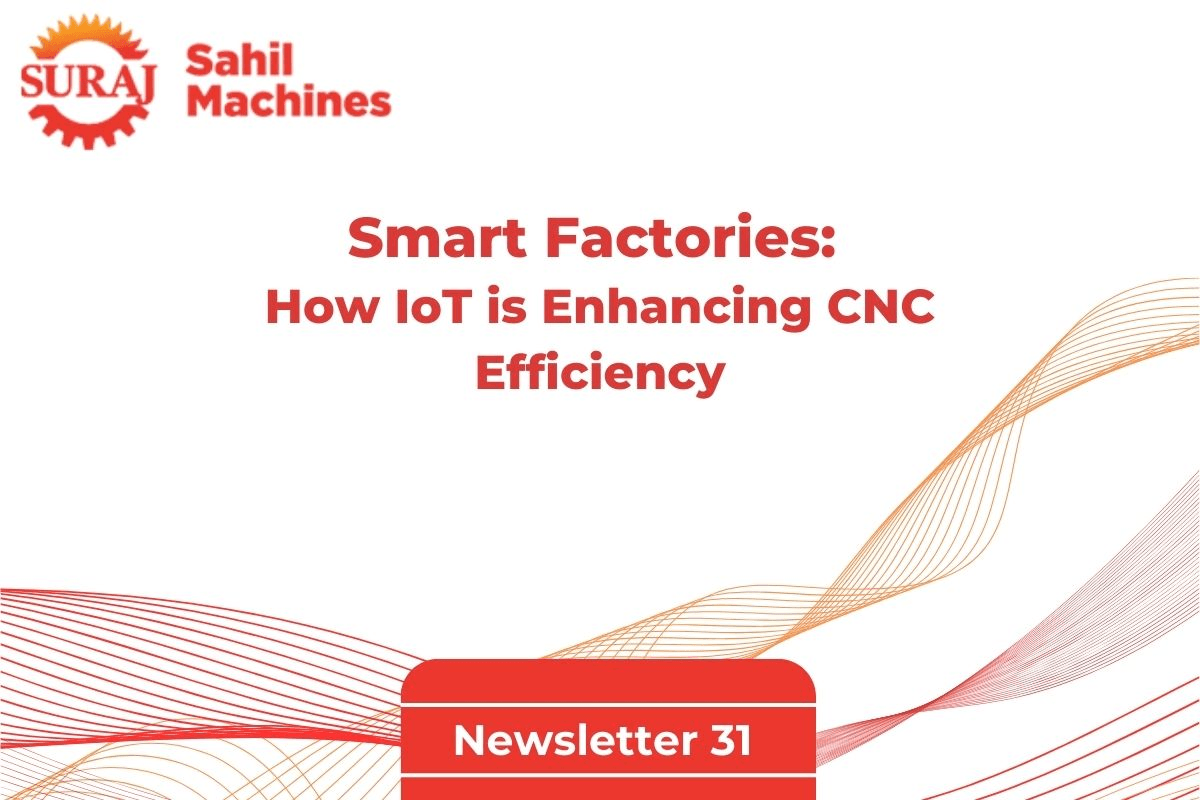

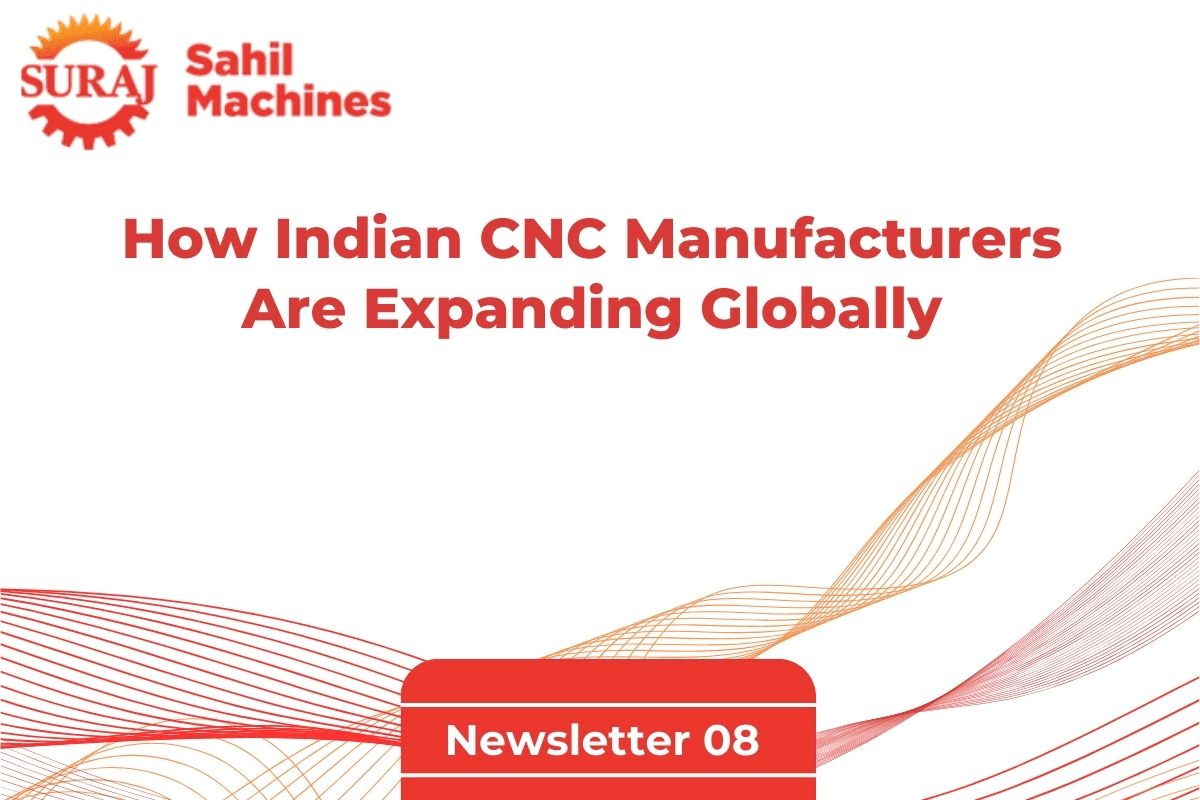



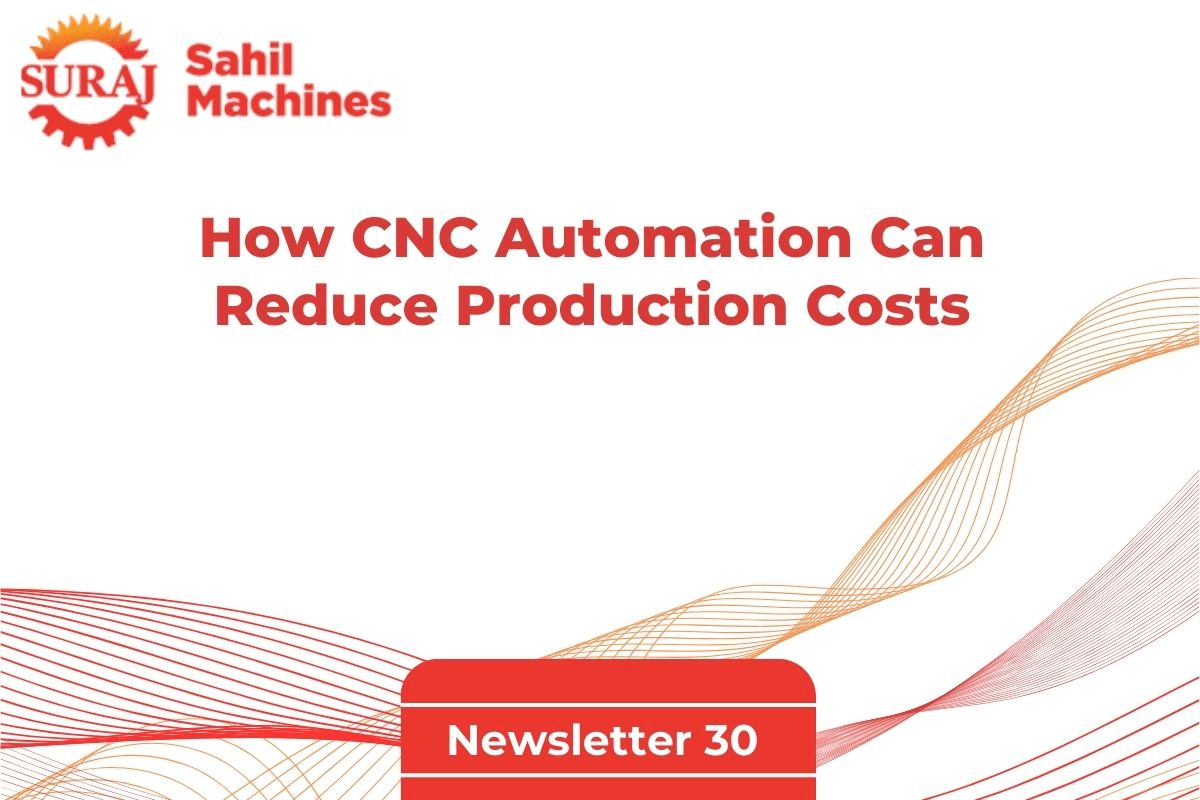
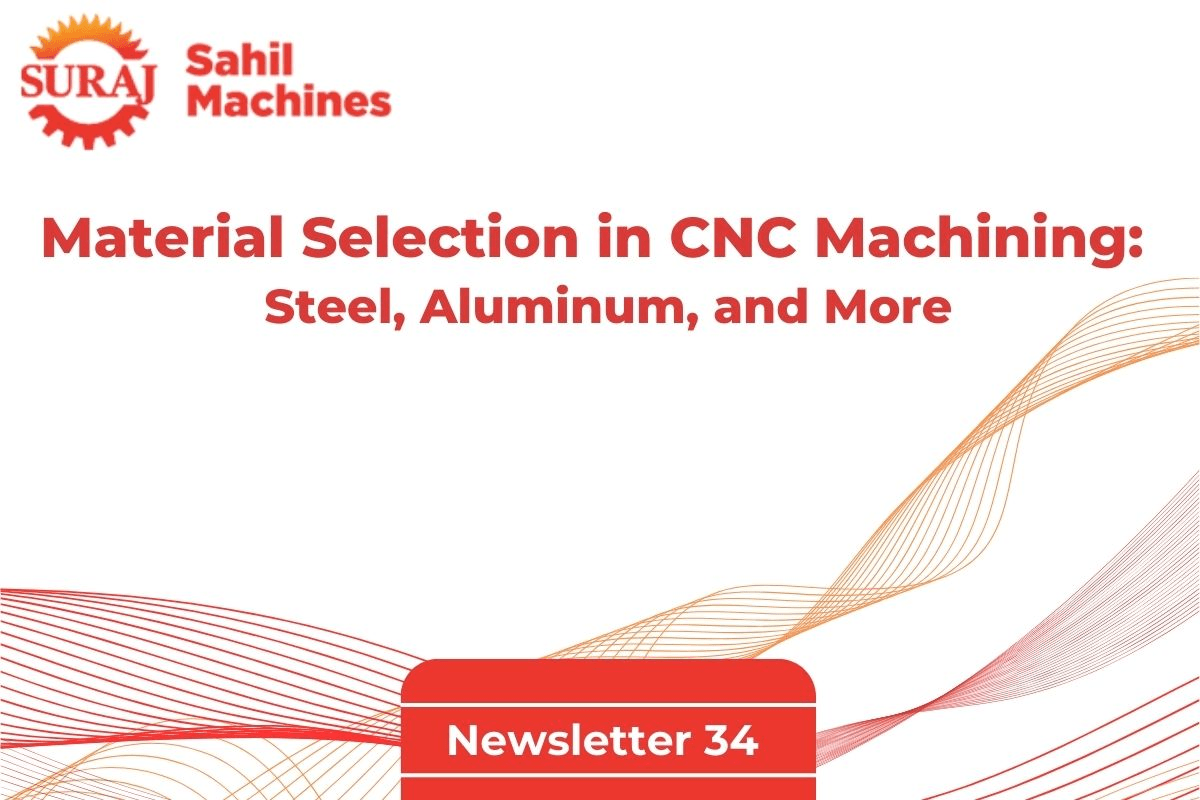
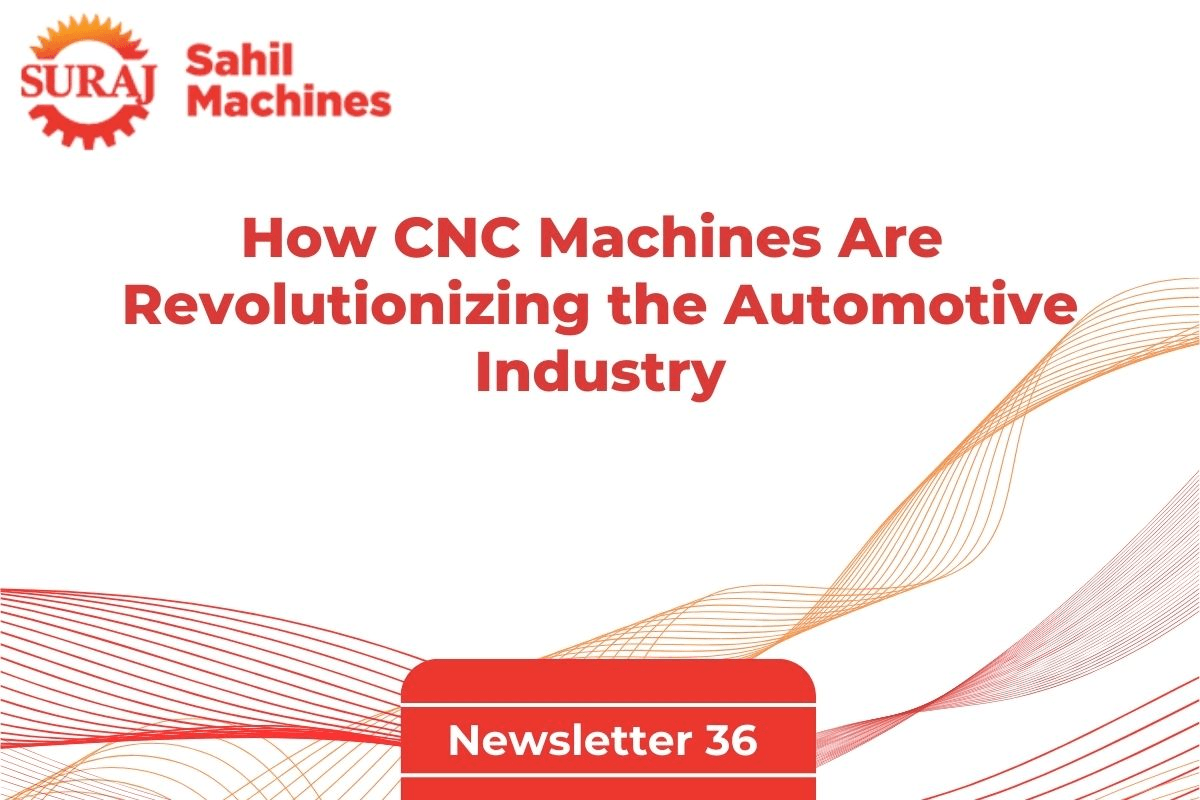
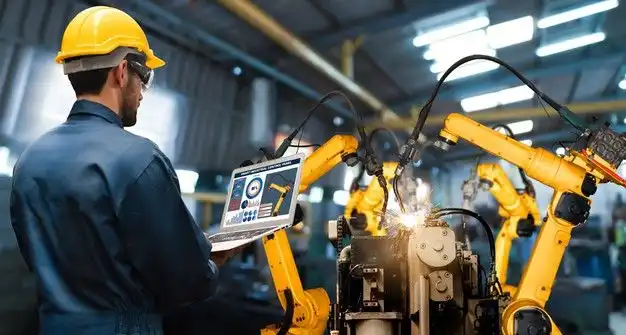
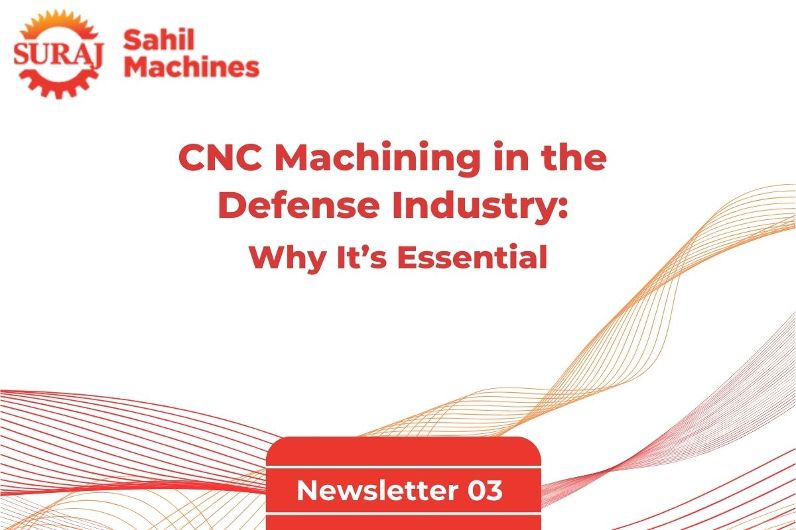

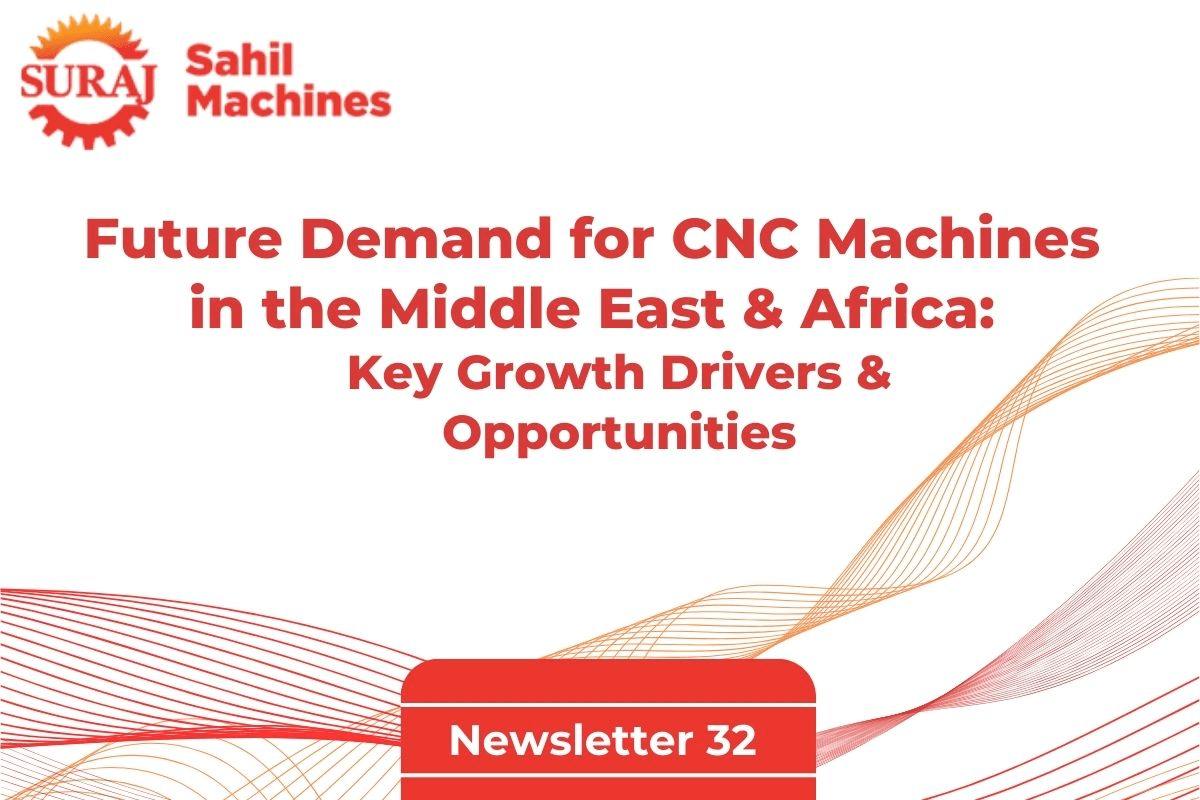
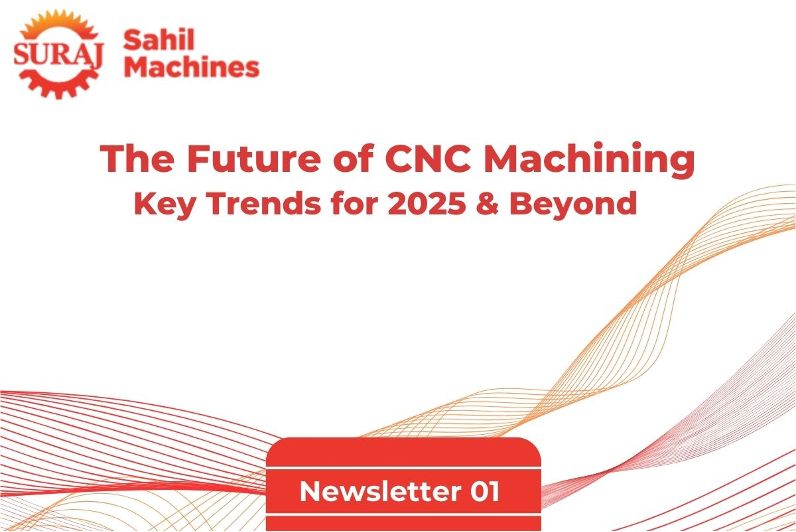




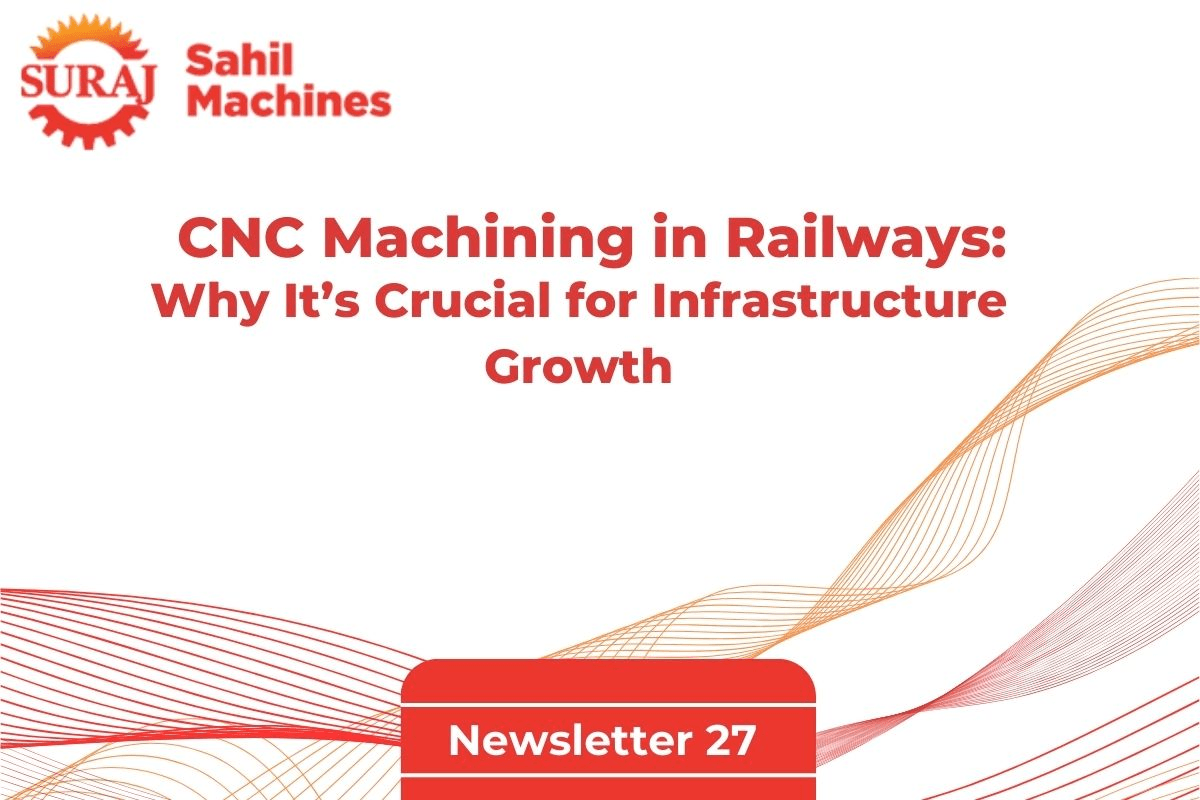
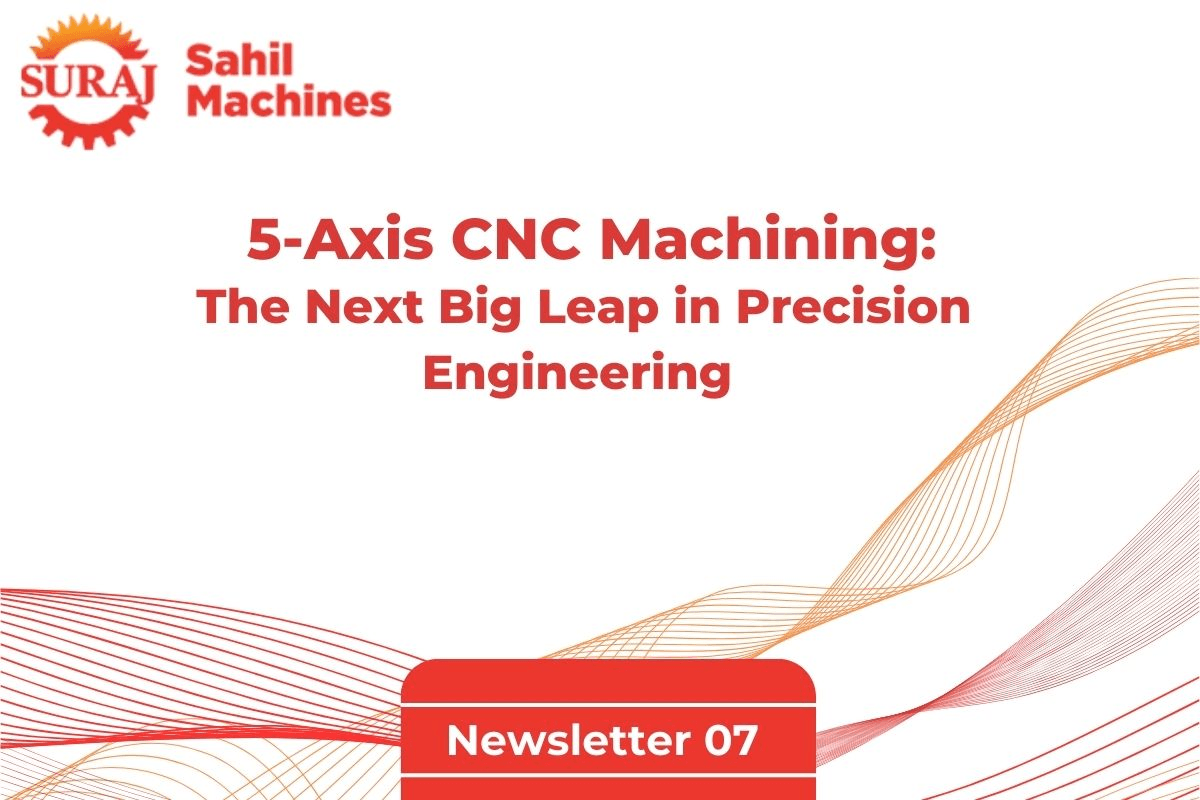


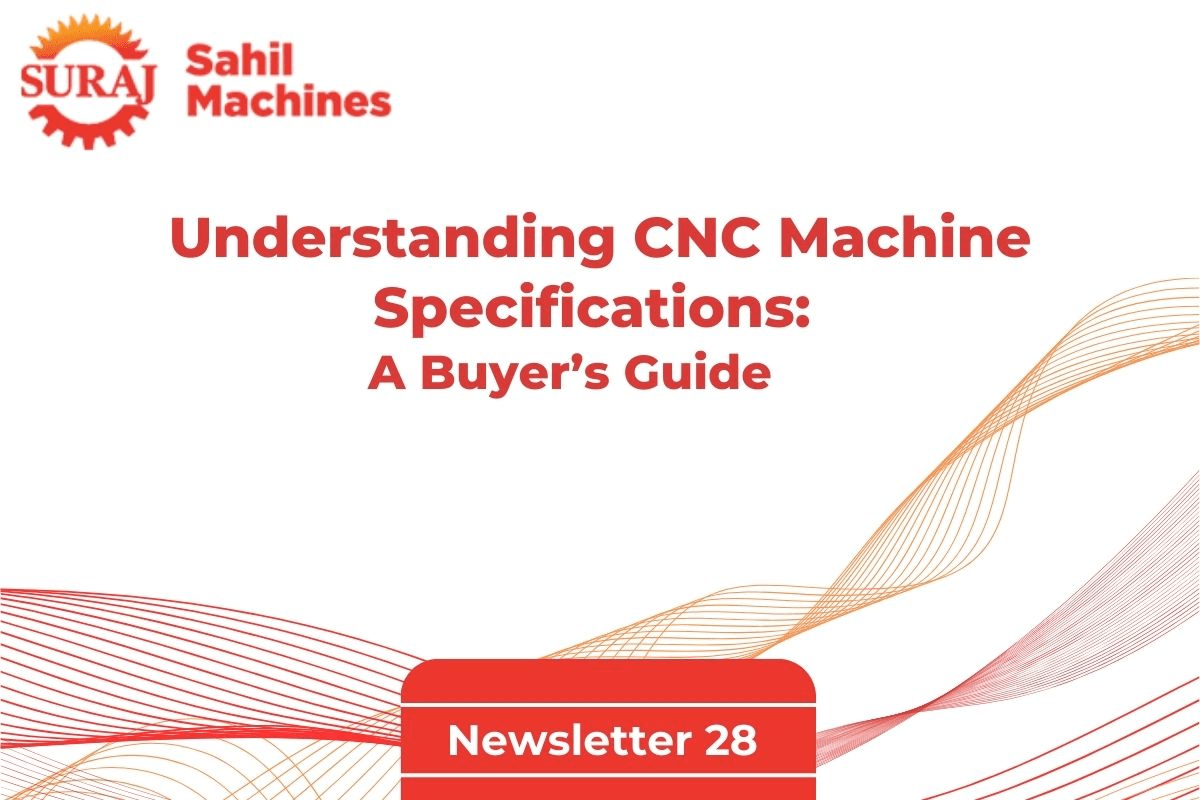


Get in touch with us about anything.
Connect with our team to explore the alloy solutions and machinery expertise you need.

